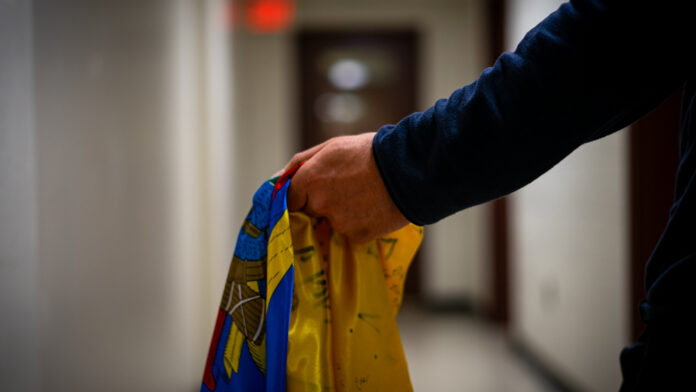While studying abroad, some Ecuadorian international students at St. Thomas University saw their home country being consumed by organized crime and political turmoil.
On Aug. 9, presidential candidate Fernando Villavicencio was assassinated in the capital of Quito, which brought international attention to the country’s violence. Once considered one of the safest countries in South America, Ecuador’s violence has been on the rise, with a 58 per cent increase in homicides in 2023 compared to last year, according to the National Police of Ecuador.
Flavia Orellana, an Ecuadorian third-year student at STU, said she avoided watching the news from her country because it would cause her distress.
“I knew I could do nothing about it, so I decided to stop reading and listening to what was and is happening,” said Orellana.
But she could not avoid her country’s reality forever. During Orellana’s brief visit to Ecuador this summer, she realized the impact violence is causing her country.
“When the death of Fernando Villavicencio came out, it really put into perspective everything that was happening around me,” said Orellana. “My family and I didn’t really leave our neighbourhood much before, because of the dangers, but [this] death made us not leave the area unless absolutely necessary.”
His death came 11 days before the first electoral round. As a response, the current president Guillermo Lasso declared a state of exception for 60 days in some regions, deploying the army and implementing certain measures, such as a curfew and limiting mobility.
Alegría De la Parra, another third-year Ecuadorian student, still finds it shocking how quickly the country has devolved into violence.
To De la Parra, former administrations have enabled drug gangs and organized crime, which snowballed into today’s violence.
“It’s hard to believe that things have come to this, that they have become so accepted and even I accepted it, but it shouldn’t be that way,” said De la Parra.
De la Parra visited Ecuador last year and noticed the changes the country has gone through. She now fears for her family’s safety. The current state of Ecuador has discouraged her from going back.
De la Parra plans to remain in Canada after finishing her degree.
“I definitely feel safer here, and I would say it is because the type of things that happen back home straight up don’t happen in Canada, and I definitely prefer that,” she said.
The country is now awaiting the second and final round of elections on Oct. 15, when Ecuadorians will choose between Luisa González, who has worked for former president Rafael Correa, and Daniel Noboa, a businessman in the banana industry.

